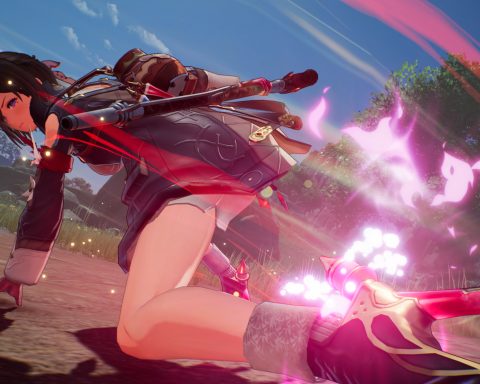Clash of Thrones has an impressive name, and promises a new board game with depth to enjoy. Unfortunately it’s neither new, nor especially deep. It’s a Risk
 |
| We like Risk, but it’s an old formula that really needs an upda |
Risk is a classic board game for a reason – it’s easy to learn and play, and perfect for parties. Chances are you’re not going to pull out an iPad at a party, though. And it’s here that Clash of Thrones’ problems start – it’s just a little too simple to be much fun by yourself, even in multiplayer, it‘s not the same party atmosphere to be passing around an iPad (or playing online) as pouring over a board in a living room.
For the benefit of those that haven’t played Risk before (the whole two of you); it’s a game of world domination. Each turn you’ll receive a set number of military units, based on the number of territories you control. You’ll then attack your neighbouring territories with those units to capture the territory. Combat is a simple matter of rolling dice (up to three for attackers, and two for defenders), and the person with the higher dice roll wins the melee. It’s a purely luck-based game, and the small element of strategy involved in this game is for nothing if someone else gets on a roll. Because more territories = more reinforcements, it’s very difficult to orchestrate a come-from-behind win. The dominant player quickly steamrolls the opponents.
 |
| I know this looks like something out of an Advanced Wars game, but it’s not |
As for the Clash of Thrones game itself, there’s nothing in here that separates it from Risk. There are six factions to choose between, but there’s no difference in abilities between each of those factions. At this stage there’s only the one map to play on (though it appears more will be added in via DLC). That map is not balanced very well (something the original Risk did so, so well), making it impossible to build up choke points and defensible areas.
In a bid to spice up the game, there’s a couple of the Risk alternative rules

So, the problem for Clash of Thrones is simply that it’s copying a formula that’s long outdated. Popular board games now are skill based (though still accessible and easy to learn), and almost entirely do away with dice. Those games, such as Settlers of Catan, A Small World, Reiner Kinzia’s Samurai and Through the Desert are all already available on the iPad, and are better purchases than Clash of Thrones. If you are desperate for some iPad Risk, there is EA’s perfectly workable version already available.
Risk is a classic, but it is quickly losing relevance to modern gamers. New visions of Risk strike me as the very definition of redundant.







